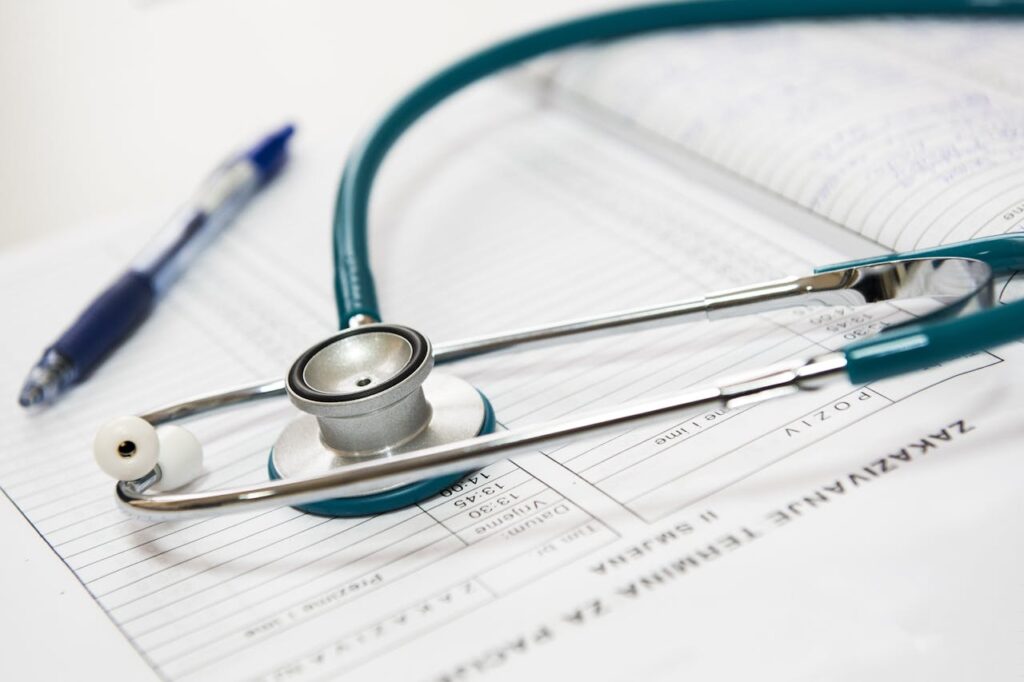Medical Tourism and the Challenge of Obtaining Documents
Carlos Eduardo Paniagua Fuentes, Specialist in Medical Law at Externado University of Colombia.
In the realm of civil liability for healthcare services, the patient’s medical record is considered the backbone of the evidence, as it contains the traceability of procedures, diagnoses, medical orders, and informed consents. For Colombian patients, obtaining their medical records may be relatively simpler, as they typically have a longer stay in the country and greater ease in filing claims or demanding delivery of documents.
However, for a foreign patient, the situation becomes more complex when:
- They must return promptly to their home country, leaving the investigation of the alleged malpractice unfinished.
- They do not know Colombian regulations or the legal avenues to request their medical records and other documents.
- They encounter obstacles from the institution or healthcare professional, who may delay or refuse to provide the documentation.
- In some cases, language barriers or the lack of local contacts further hinder the collection of evidence.
If the patient does not act swiftly, it is likely that when attempting legal action from abroad, they may find that essential documents no longer exist or have been altered.
2. Anticipated Evidence in the CGP: A Ray of Hope
The General Code of Procedure (Law 1564 of 2012) introduces the concept of anticipated evidence, a procedural resource that allows for the securing and collection of certain types of evidence before the judicial process begins or during its early stages. Its legal basis is found in Articles 183 to 192 of the CGP, which provide for its use when there is a fear that the evidence may be lost, altered, or become difficult to obtain in the future.
This mechanism enables, among other measures, the request for document production, the taking of witness statements, or the performance of expert examinations immediately and under judicial authorization, ensuring that the information remains available and formally incorporated into any future litigation. The goal is to protect the right to evidence and prevent a party from being deprived of key elements needed to support their claim.
3. Practical Benefits for the Foreign Patient
3.1. Securing Medical Records
The medical record, along with preoperative tests, surgical reports, and postoperative notes, can be altered, lost, or simply not provided to the patient. Through anticipated evidence, the judge orders the production and preservation of these documents, so that even if the patient must return to their home country, the evidence remains safeguarded.
3.2. Key Witness Statements
In many cases, medical tourists depend on the testimonies of nurses, anesthesiologists, surgeons, or even other patients. Given the likelihood that these witnesses may disperse or become unavailable in the future, anticipated evidence allows for formalizing statements with probative validity, preventing their loss.
3.3. Timely Expert Examinations
Surgical or aesthetic procedures often require the evaluation of devices, prostheses, or medical supplies that could disappear or be discarded over time. Conducting an anticipated expert examination secures a technical opinion that can clarify whether there were any failings in the medical procedure or in the quality of the materials used.
3.4. A Practical Solution Given the Short Stay
Because the patient may only remain in Colombia for a few weeks, time is a critical factor. Anticipated evidence shortens the timeframe needed to obtain critical elements of proof, allowing the patient to leave the country with the evidence already underway or collected, leaving the process in the hands of their attorney or legal representative.
4. Procedure and Basic Requirements
To obtain authorization to collect evidence in advance, the patient or their representative must:
- Justify the urgency and necessity: Demonstrate to the judge that the evidence is at risk of being lost or altered (e.g., the clinic’s refusal to hand over the medical record, the patient’s imminent travel, etc.).
- Prove relevance: Explain the importance of the evidence for a potential future medical liability claim.
- Establish legitimate interest: Show that the petitioner is the injured party or otherwise directly involved in the matter.
- Comply with procedural formalities: File the request with the competent court and specify the precise evidence to be obtained (document production, witness statements, expert reports, inspections, etc.).
Once these steps are fulfilled, the judge assesses whether the measure is warranted and, if so, orders the evidence to be obtained within a set timeframe to ensure its effectiveness.
5. Conclusion
While medical tourism offers clear advantages in terms of cost savings and access to quality healthcare, foreign patients can be especially vulnerable when malpractice is alleged. Denial or delay in providing documents, geographical distance, and linguistic barriers can undermine their right to uncover the truth and seek redress.
In this scenario, anticipated evidence emerges as a valuable procedural tool that provides security and protection. By using it, the patient can secure their medical records, obtain reliable witness statements, and ensure objective expert examinations before the evidence is lost or before returning home. In doing so, this mechanism promotes more effective access to justice, prevents impunity, and encourages transparency in medical care provided to foreign visitors in the country.
In a world that is increasingly globalized with a growing movement of patients, it is essential to disseminate the benefits of this mechanism. Knowing and properly employing anticipated evidence can make the difference between achieving fair compensation and seeing one’s rights frustrated due to the absence of essential documents. Consequently, both legal professionals and patients should consider it an integral part of their defense strategies in potential medical liability litigation.
